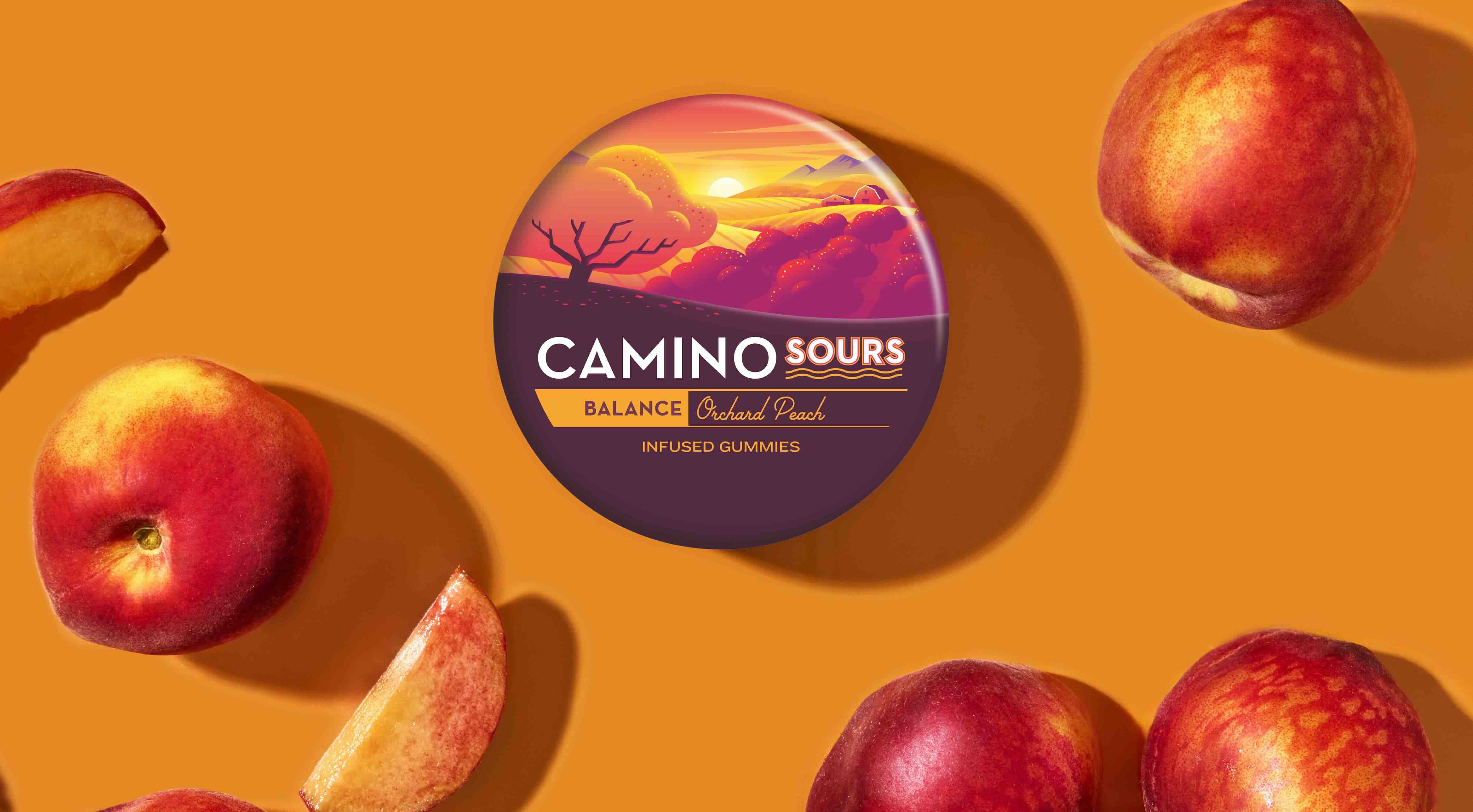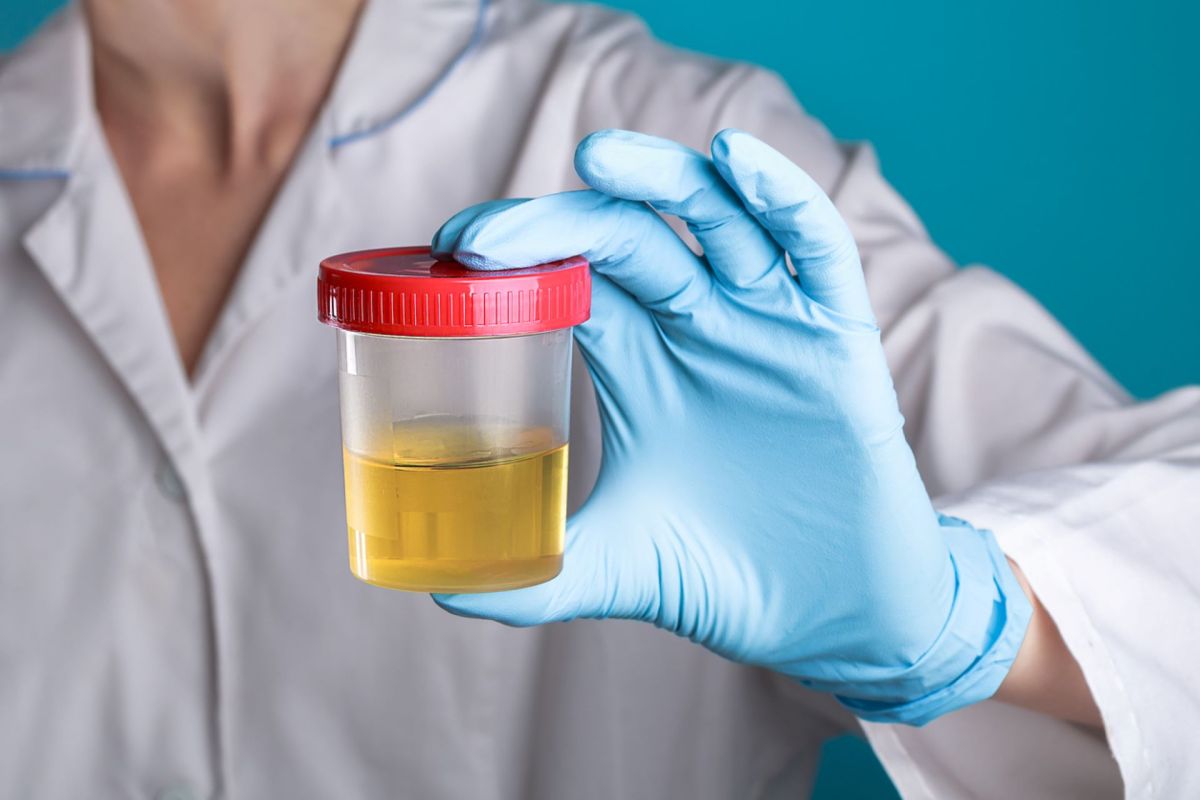Pesticides — including insecticides, fungicides, and herbicides used on crops — play a vital role in modern farming, increasing yields by protecting growing plants. However, they must also be carefully regulated because they're extremely harmful to human health.
New research has found that a pesticide that previously flew under the radar in the United States is now in a wide range of foods — and it is showing up in four out of five people tested, according to a report on Phys.org.
What happened?
The chemical in question is chlormequat, which was previously only used on ornamental crops in the U.S. — not food, the Phys.org report explains.
Under the Donald Trump administration, oats treated with chlormequat were allowed to be imported, and the allowed amount was increased in 2020. Now, the Environmental Protection Agency is considering whether to allow U.S. growers to use the chemical directly.
According to Phys.org, the Environmental Working Group has been testing for chlormequat in food products and in people.
The group found this chemical in a wide variety of non-organic oat-based foods and in a little more than 80% of urine samples collected between 2017 and 2023. It also found that samples in 2023 had more chlormequat in them than in earlier years, potentially indicating that people are being exposed to more of this chemical now.
Perk up the winter blues with natural, hemp-derived gummies Camino's hemp-derived gummies naturally support balance and recovery without disrupting your routine, so you can enjoy reliable, consistent dosing without guesswork or habit-forming ingredients. Flavors like sparkling pear for social events and tropical-burst for recovery deliver a sophisticated, elevated taste experience — and orchard peach for balance offers everyday support for managing stress while staying clear-headed and elevated.
Learn more → |
"EWG's new study on chlormequat is the first of its kind in the U.S.," EWG toxicologist Alexis Temkin, Ph.D, the lead author of the study, said. "The ubiquity of this little-studied pesticide in people raises alarm bells about how it could potentially cause harm without anyone even knowing they've consumed it."
Why does it matter if there's chlormequat in the food?
Although the EPA classes chlormequat as a pesticide, the Environmental Working Group explains that it isn't used to prevent pests. Instead, it controls the growth of oats and related crops, preventing the stalks from bending over and making harvesting them easier.
That ease comes at a cost: As EWG reveals, chlormequat has been shown to harm the reproductive system in animal trials. It also causes developmental issues.
What's being done about this pesticide?
The new rule allowing chlormequat use hadn't been finalized as of February 2024, Phys.org reports. The EPA still has the opportunity to regulate this risky chemical's use in the U.S.
TCD Picks » Upway Spotlight
💡Upway makes it easy to find discounts of up to 60% on premium e-bike brands
"The federal government has a vital role in ensuring that pesticides are adequately monitored, studied, and regulated," Temkin said.
U.S. citizens can vote for representatives and policies that regulate dangerous pesticides, as well as growing their own pesticide-free food. There's also technology being released to reduce pesticide use on farms without hurting crop yields.
Join our free newsletter for weekly updates on the coolest innovations improving our lives and saving our planet.















